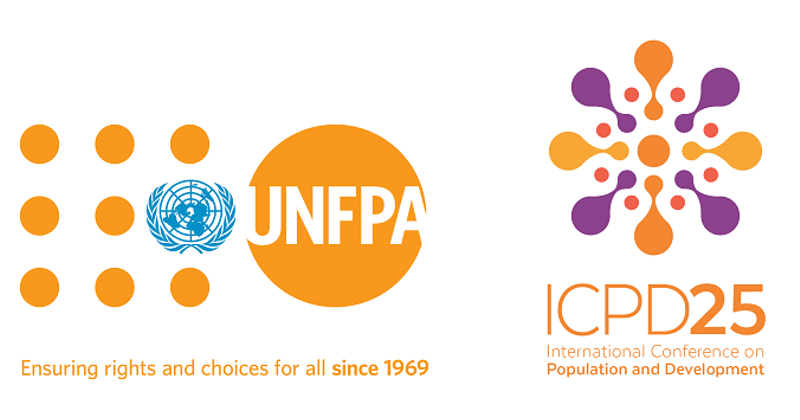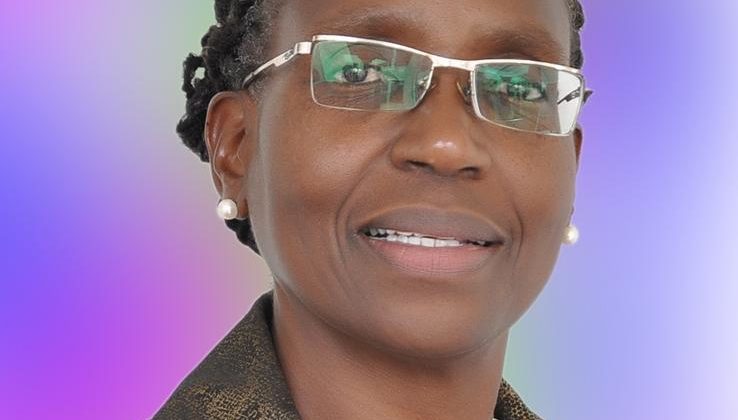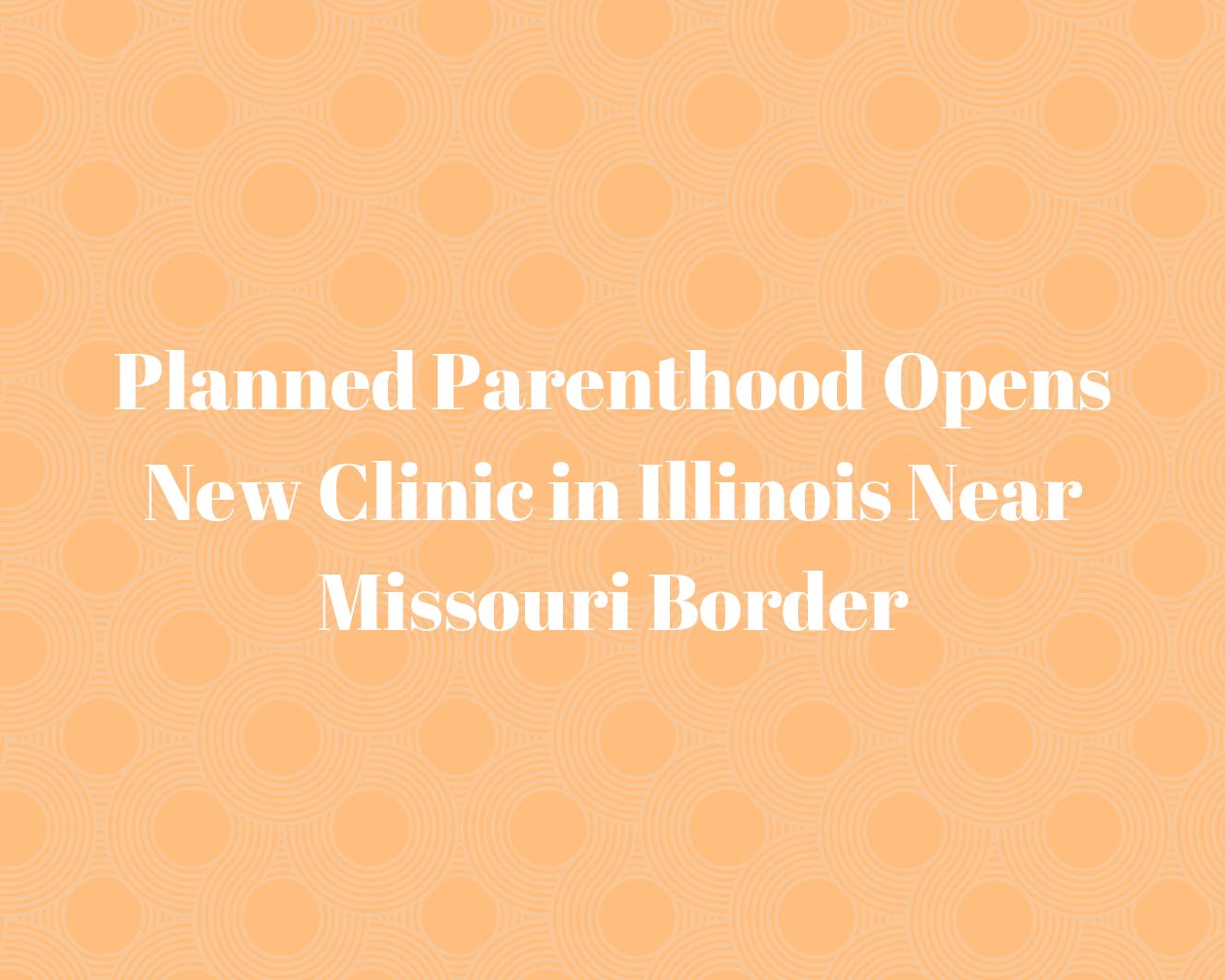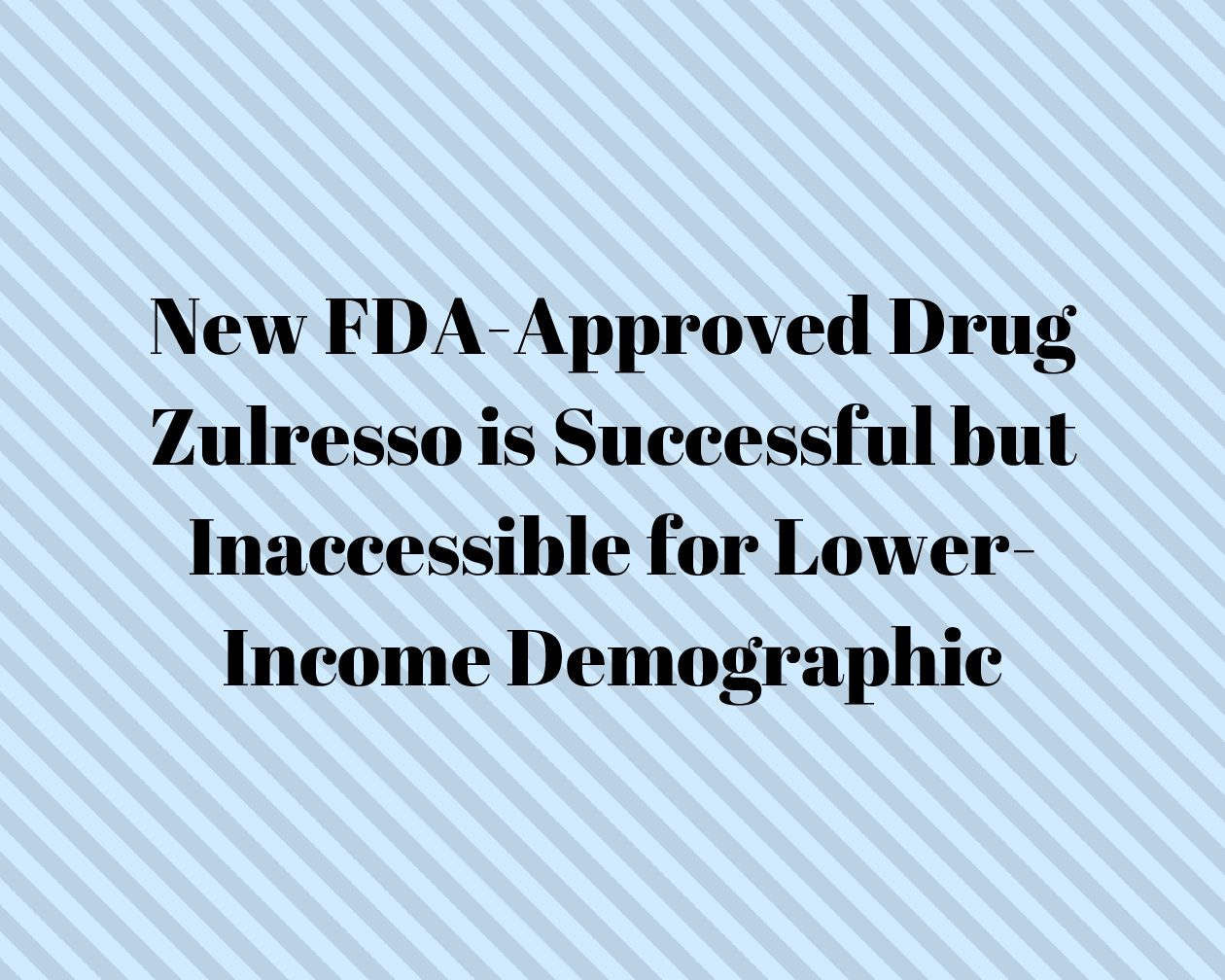
New York Passes Anti-Discrimination Laws on Basis of Reproductive Healthcare History
Article by Diya Chadha In the wake of attacks on reproductive health rights over the past year, a number of states have taken countering actions by passing pieces of statewide legislation that protect such rights. This has manifested in different ways. Earlier this year, parts of New York listed sexual and reproductive health rights as protected under the New York City Human Rights Law, with coverage ranging from being able to use birth control and contraception to having access to an abortion. New Jersey has been looking towards allocating nearly $9 million worth of state funds to organizations like Planned Parenthood to cover the gap in their funding caused by the defunding of Title X. These are just a few examples among many across the country. Just this past week, New York has again added to this set of protections by passing an antidiscrimination law protecting laborers from discrimination because of their reproductive health decision-making histories. There are three overarching sections:...







